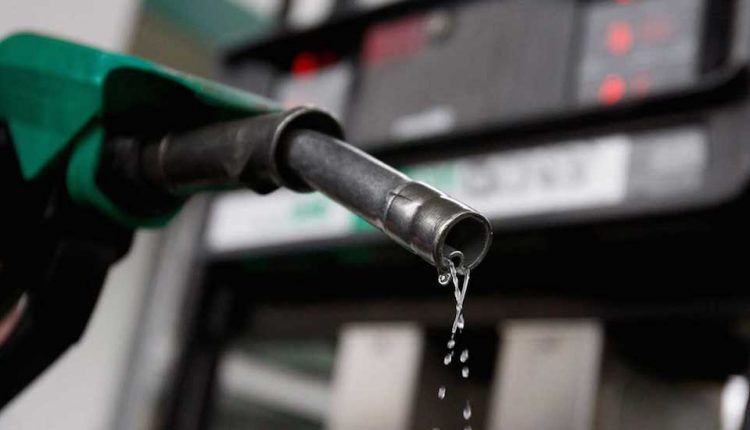

Tax Increase for Petroleum Crude
The central government of India has decided to increase the windfall tax on petroleum crude to Rs 4,250 per tonne, effective from August 1, 2023. This move comes as a significant jump from the previous rate of Rs 1,600 per tonne, signaling a measure to boost revenue generation. However, the windfall tax on petrol and aviation turbine fuel remains unchanged.
Windfall Tax on Diesel Introduced
In a notable development, the government has also introduced a windfall tax on diesel, setting it at 1 rupee per litre. Previously, there was no tax on diesel, but with the new levy, the government aims to enhance its revenue stream further.

Windfall Tax
The concept of a windfall tax on petroleum crude and its derivatives was introduced last year in India. The tax was initially set at Rs 3,500 per tonne in April but was subsequently reduced to zero in May, only to be increased again to Rs 1,600 per tonne in July. Now, the recent decision has raised it significantly to Rs 4,250 per tonne.
Objective and Impact
The windfall tax was introduced to address the issue of private refiners seeking higher profits from overseas markets instead of selling their products domestically. By imposing the tax, the government aims to capture a portion of the profits earned from robust refining margins abroad. While the tax on petrol and aviation turbine fuel remains unchanged, the increase in the tax on petroleum crude and the introduction of the tax on diesel are expected to have implications on the prices and profitability in the oil and gas sector.
Effect on Consumers and Industry
As the windfall tax on petroleum crude increases, there is a possibility that the cost may eventually be passed on to consumers in the form of higher fuel prices. The government is likely to monitor the situation closely to strike a balance between revenue generation and the impact on consumers. For the oil and gas industry, this change could affect their profit margins, and companies may have to strategize accordingly to optimize their operations.
Government's Fiscal Measures
The decision to implement a windfall tax on petroleum products is part of the government's fiscal measures to manage revenue streams and ensure economic stability. By adjusting the tax rates on crude and diesel, the government seeks to strike a balance between industry profitability and its own revenue generation.
The recent hike in the windfall tax on petroleum crude and the introduction of the tax on diesel are important steps taken by the Indian government to regulate the oil and gas sector and optimize revenue generation. The impact of these changes on consumers and industry players will be closely observed in the coming months, as the government continues to fine-tune its fiscal policies to suit the evolving economic landscape.